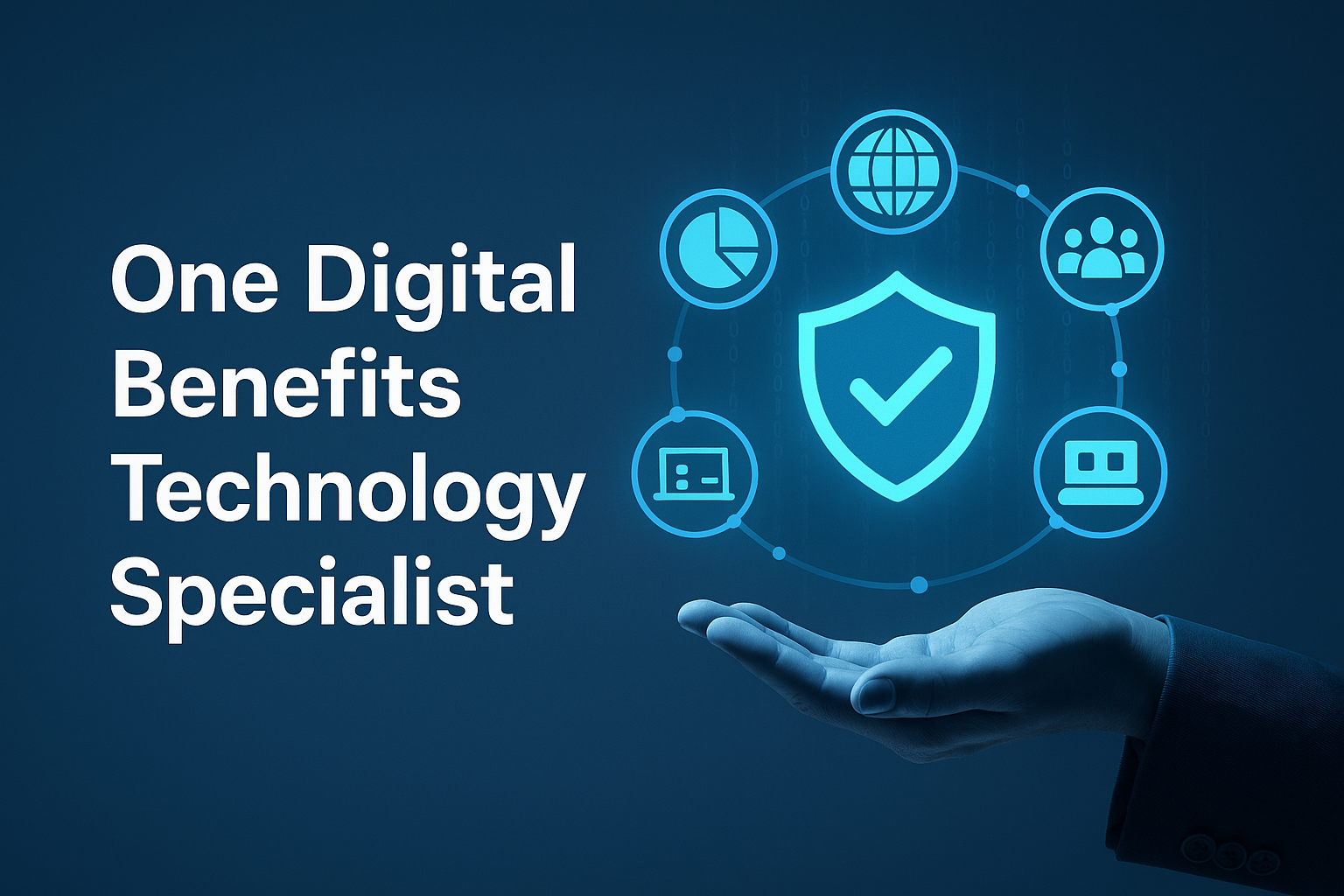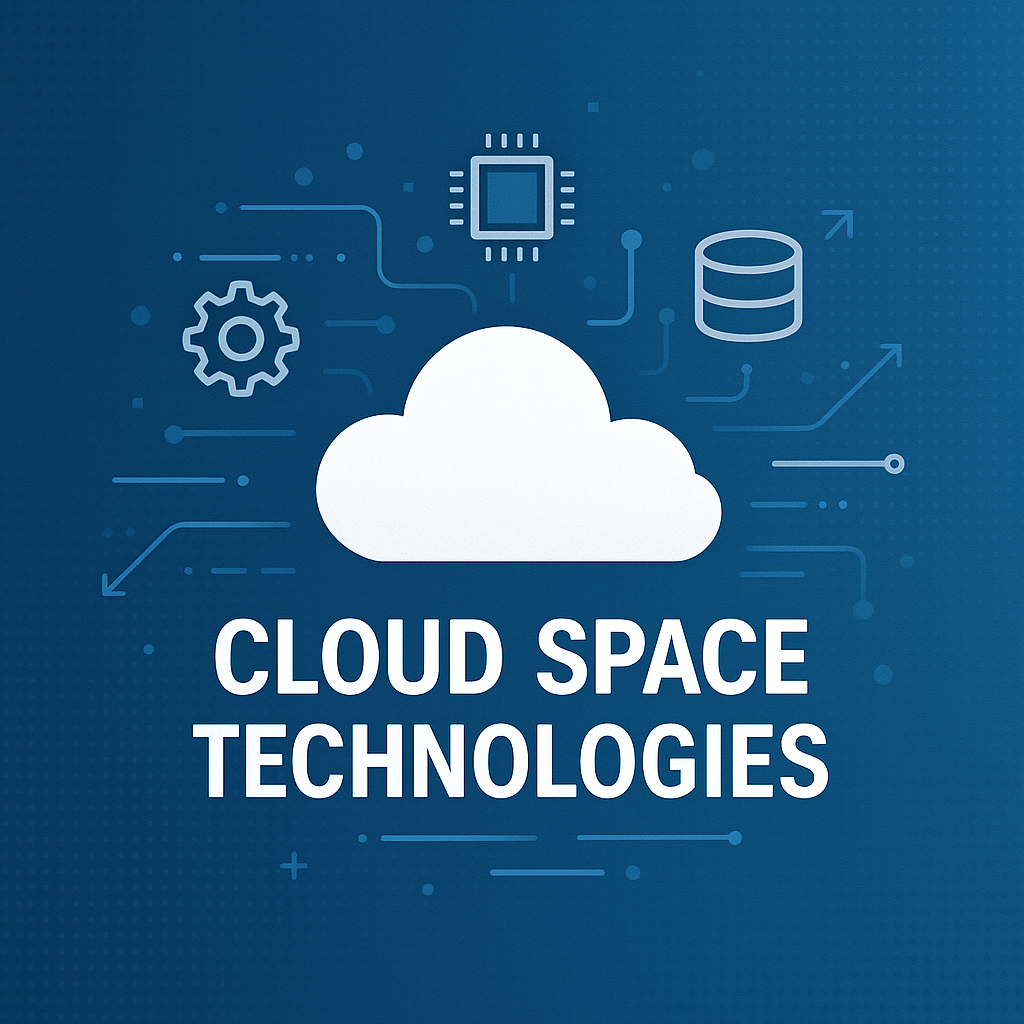Introduction
In the ever-evolving world of employee one digital benefits technology specialis has become a game-changer. As businesses increasingly embrace digital transformation, a new breed of professionals has emerged: the Digital Benefits Technology Specialist. But what exactly does this role entail, and why is it becoming more crucial for modern organizations?
This blog post delves into the responsibilities, skills, and significance of a one digital benefits technology specialis, exploring how they play a pivotal role in shaping employee benefits programs in the digital age. We will also highlight how these specialists bridge the gap between HR departments and technology, ensuring employees have access to the benefits they need through digital platforms. So, if you’re curious about this role or are considering a career in this field, read on!
What is a Digital Benefits Technology Specialist?
one digital benefits technology specialis is a professional who manages and optimizes the technology platforms that support employee benefits programs. They combine expertise in both human resources and technology to help organizations create, maintain, and improve their employee benefits systems. These specialists work closely with HR teams to ensure that benefits such as healthcare, retirement plans, wellness programs, and more are delivered effectively through digital platforms.
With the rapid advancement of HR technologies, the role of the one digital benefits technology specialis has become more complex, requiring a deep understanding of both the technical aspects of digital tools and the nuances of employee benefits. This professional ensures that employees have seamless access to their benefits, making their experience easier and more efficient.
Why is This Role Important?
As companies strive to offer more robust and personalized benefits packages, the need for digital solutions has grown. Gone are the days of paper-based benefit enrollment or long, confusing phone calls to HR. Digital benefits platforms provide employees with a more streamlined, user-friendly experience, and a Digital Benefits Technology Specialist ensures that these platforms run smoothly.
The role of a Digital Benefits Technology Specialist is particularly crucial as more businesses shift towards remote or hybrid work models, where digital access to benefits is essential. In this new environment, this specialist is responsible for ensuring that all employees, no matter their location, can easily access and manage their benefits.
Key Responsibilities of a Digital Benefits Technology Specialist
- Managing Benefits Technology Platforms
The primary responsibility of a Digital Benefits Technology Specialist is overseeing the digital platforms that manage employee benefits. This includes everything from healthcare and dental insurance to retirement plans and wellness programs. They work with HR teams to implement, monitor, and upgrade these systems to ensure they meet the needs of the workforce.
- Ensuring Integration with Other HR Systems
Employee benefits platforms often need to integrate with other HR tools, such as payroll systems and time management software. The Digital Benefits Technology Specialist ensures that these systems work together smoothly, allowing for a cohesive experience for both HR teams and employees. They may also be involved in the technical aspects of data security, ensuring that sensitive employee information is protected.
- Data Analytics and Reporting
One of the crucial aspects of this role is analyzing data from employee benefits platforms. Digital Benefits Technology Specialists gather and assess data on employee utilization, trends, and satisfaction to help businesses improve their offerings. They use data to identify gaps in coverage, assess the effectiveness of existing programs, and provide insights for future decisions.
- Providing Employee Support and Training
Even though the platforms are designed to be user-friendly, employees may still face challenges when navigating digital benefits systems. The Digital Benefits Technology Specialist plays a role in supporting employees by providing training, troubleshooting issues, and answering questions about how to use the systems effectively.
- Staying Updated with Technological Trends
Technology is always evolving, and so are employee benefits platforms. This role requires staying up-to-date with the latest developments in HR tech to ensure that the systems in use are efficient, secure, and aligned with the needs of employees. They are responsible for recommending new technologies that could enhance the benefits experience for employees.
Skills Needed for a Digital Benefits Technology Specialist
To be successful in this role, a Digital Benefits Technology Specialist must possess a combination of technical expertise and a solid understanding of employee benefits. Here are some key skills that are essential:
- Technical Proficiency
A strong understanding of HR technology systems, such as benefits management platforms, payroll systems, and data security protocols, is vital. The specialist should be comfortable working with databases, cloud-based systems, and various software tools that support benefits administration.
- Problem-Solving Abilities
Because this role involves troubleshooting issues with benefits platforms, a Digital Benefits Technology Specialist must be able to think critically and solve problems quickly. Whether it’s an employee experiencing difficulty accessing their benefits or an issue with system integration, they must be able to resolve these issues efficiently.
- Communication Skills
While technical skills are essential, communication is equally important. This specialist must be able to explain complex technical concepts to HR teams and employees in a way that is easy to understand. They also need to collaborate with various departments, including HR, IT, and external vendors.
- Attention to Detail
Since employee benefits involve personal and sensitive information, accuracy and attention to detail are crucial. A small error in benefits data could have significant consequences for both employees and the company. Digital Benefits Technology Specialists must be meticulous in their work to avoid mistakes.
- Project Management
Given that this role often involves managing multiple projects, such as implementing a new benefits platform or rolling out a new feature, strong project management skills are important. The specialist should be able to organize tasks, set timelines, and ensure that projects are completed on schedule.
Challenges Faced by Digital Benefits Technology Specialists
- Keeping Up with Changing Regulations
Employee benefits are subject to frequent changes in laws and regulations. Whether it’s changes to healthcare laws or updates to retirement savings rules, the Digital Benefits Technology Specialist must stay on top of these changes and ensure that their platforms remain compliant.
- Managing Data Privacy and Security
With the increasing amount of personal data being stored in digital systems, data privacy and security are paramount. The Digital Benefits Technology Specialist must be aware of security risks and implement best practices to protect sensitive information.
- Ensuring User Adoption
Even though the platforms are designed to be user-friendly, not all employees may be comfortable with digital tools. One of the challenges of this role is encouraging employee adoption and ensuring that everyone can take full advantage of the benefits available to them.
- Dealing with System Downtime
Like any other technology, benefits platforms can experience downtime. The Digital Benefits Technology Specialist must be prepared for such situations and work quickly to resolve any issues, minimizing the impact on employees.
The Future of Digital Benefits Technology
As technology continues to evolve, the role of the Digital Benefits Technology Specialist will only grow more important. The future of employee benefits will likely involve even more personalization, with AI and machine learning helping companies tailor benefits packages to individual employee needs.
The rise of remote and hybrid work models will also drive further demand for digital solutions, making the role of the Digital Benefits Technology Specialist even more vital. As businesses continue to invest in technology-driven benefits programs, specialists in this field will play a central role in creating a seamless, user-friendly experience for employees.
Conclusion
The role of the Digital Benefits Technology Specialist is becoming increasingly essential in today’s tech-driven workforce. These professionals help organizations manage and optimize employee benefits through digital platforms, ensuring that employees have easy access to the benefits they need. With their unique blend of technical expertise and HR knowledge, Digital Benefits Technology Specialists are helping businesses navigate the complexities of employee benefits in the digital age.
As companies continue to embrace digital solutions, the demand for skilled professionals in this field will only rise. Whether you are a business looking to enhance your benefits programs or someone considering a career in this field, understanding the importance of this role will help you stay ahead in the ever-changing world of employee benefits technology.







Leave a Reply